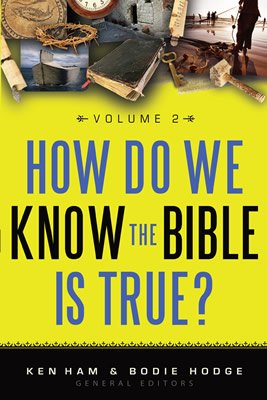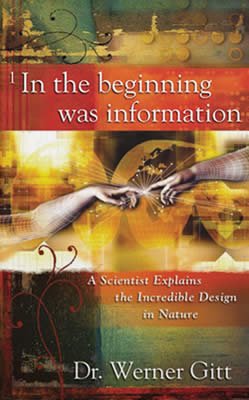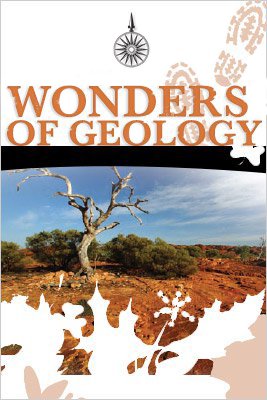Online Books
 Already Compromised
Already Compromised Already Gone
Already Gone Creation: Facts of Life
Creation: Facts of Life Demolishing Supposed Bible Contradictions: Volume 1
Demolishing Supposed Bible Contradictions: Volume 1 Demolishing Supposed Bible Contradictions: Volume 2
Demolishing Supposed Bible Contradictions: Volume 2 Did God Use Evolution?
Did God Use Evolution? Essays on Origins: Creation vs. EvolutionPreview
Essays on Origins: Creation vs. EvolutionPreview Evolution Exposed: Biology
Evolution Exposed: Biology Evolution Exposed: Earth Science
Evolution Exposed: Earth Science Fish out of Water
Fish out of Water Frozen in Time
Frozen in Time Glass HousePreview
Glass HousePreview How Could A Loving God...?
How Could A Loving God...? How Do We Know the Bible Is True? Volume 2Preview
How Do We Know the Bible Is True? Volume 2Preview In Six Days
In Six Days In the Beginning Was Information
In the Beginning Was Information Old-Earth Creationism on Trial
Old-Earth Creationism on Trial One Race, One Blood
One Race, One Blood Searching for AdamPreview
Searching for AdamPreview Taking Back Astronomy
Taking Back Astronomy The Genesis of GermsPreview
The Genesis of GermsPreview The Great Turning Point
The Great Turning Point The Lie: Evolution
The Lie: Evolution The New Answers Book 1
The New Answers Book 1 The New Answers Book 2
The New Answers Book 2 The New Answers Book 3
The New Answers Book 3 The New Answers Book 4Preview
The New Answers Book 4Preview The Pilgrim’s Progress
The Pilgrim’s Progress Tower of Babel
Tower of Babel Truth & the Transcendent
Truth & the Transcendent Universe by Design
Universe by Design Unwrapping the Pharaohs
Unwrapping the Pharaohs Why Won’t They Listen?
Why Won’t They Listen? Wonders of Geology
Wonders of Geology World Religions and Cults Volume 1Preview
World Religions and Cults Volume 1Preview World Religions and Cults Volume 2Preview
World Religions and Cults Volume 2Preview World Religions and Cults Volume 3Preview
World Religions and Cults Volume 3Preview
Master Books has graciously granted AiG permission to sequentially publish selected chapters from many of these books online. To purchase a paperback or digital copy, please visit our online store.
Support the creation/gospel message by donating or getting involved!

Answers in Genesis is an apologetics ministry, dedicated to helping Christians defend their faith and proclaim the good news of Jesus Christ.
- Customer Service 800.778.3390
- © 2024 Answers in Genesis

